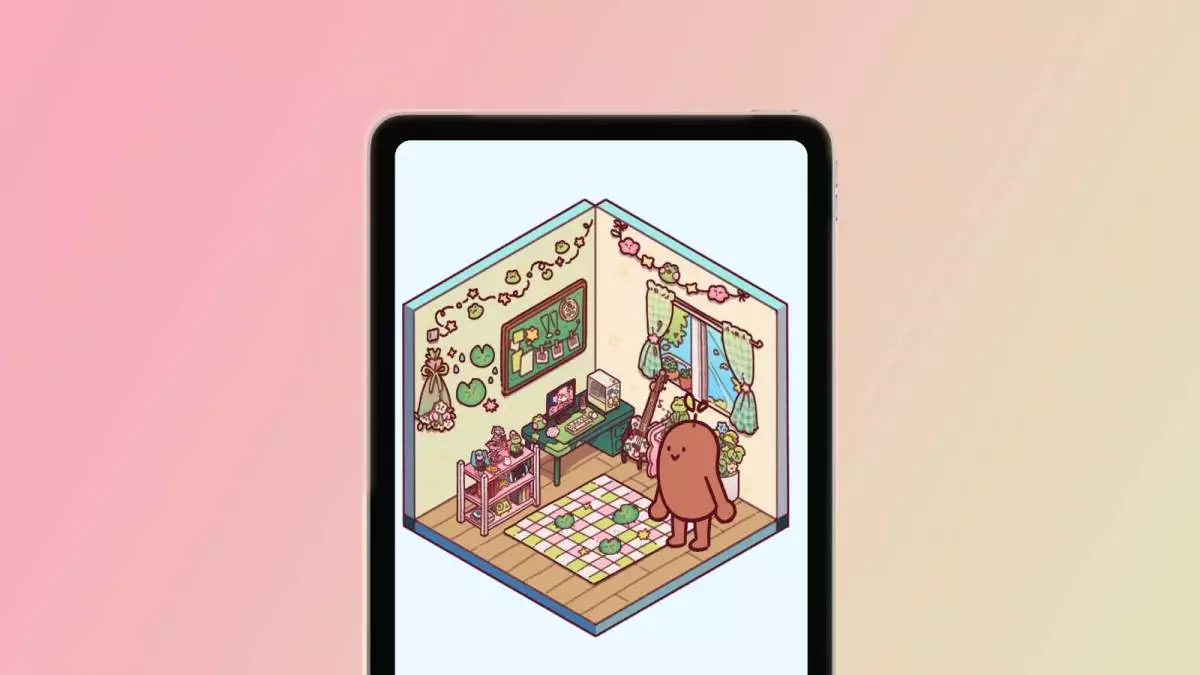Many popular productivity applications rely on brute force methods—blocking distracting apps, setting timers, or providing checklists—that, while effective to some degree, often overlook the deeper psychological drivers of focus. These tools tend to assume that willpower alone is sufficient to resist temptations like social media or mobile games, but reality proves otherwise. Their approach can feel sterile, impersonal, and sometimes punitive, which diminishes long-term commitment. When motivation wanes or distractions persist, users can become frustrated or simply abandon their goals altogether. There is a clear need for more engaging, emotionally resonant methods that tap into intrinsic motivation rather than relying solely on external constraints.
The Role of Gamification and Emotional Engagement in Productivity
The rise of apps like Focus Friend signals a promising shift—they introduce gamification elements designed to make productivity feel more like a game than a chore. Central to this is the creation of an emotional bond between the user and a cute virtual companion, such as a knitting bean or a pixelated bird. These characters became more than just avatars; they serve as mini-mascots that evoke care, affection, and a sense of responsibility. When a user prevents distractions to help their bean focus, they are not merely avoiding a screen; they are actively contributing to a small, meaningful story. This emotional investment transforms routine work into a series of caring acts, which in turn boosts sustained engagement and motivation.
Beyond Surface-Level Distraction Prevention
While many focus apps act as mere gatekeepers—blocking access to distracting content—Focus Friend pushes further by making discipline feel rewarding and personalized. Assigning a unique pet or character to each user creates a sense of ownership and purpose. The act of helping a virtual bean knit, dress up, or decorate its space becomes a reflection of personal development. This approach leverages the human tendency toward nurturing and nurturing as motivation. Instead of feeling like a punishment or an external imposition, focus becomes an act of kindness, pushing users to be consistent in caring for their digital companion. This emotional layer adds depth, making the act of resisting distractions more meaningful and long-lasting.
The Potential of Cultural and Aesthetic Appeal in Habit Formation
Incorporating visual customization and upgrade paths—like dressing the bean or decorating its room—serves multiple psychological functions. It appeals to our innate desire for self-expression and achievement. Customization fosters a sense of progress and mastery, which are powerful drivers of habit formation. Moreover, adding aesthetic elements like cute posters or themed skins taps into the joy of personalization, transforming an obligation into a delightful experience. The investment in virtual spaces, even if purely aesthetic, encourages users to return repeatedly, fostering a positive feedback loop. It isn’t just about stopping distraction but creating a small ecosystem of rewards that makes the focus process engaging on multiple levels.
Critique and Future Perspectives
While the concept of turning productivity into a caring, playful pursuit has undeniable appeal, it is not without pitfalls. There’s a risk that gamification may overshadow the core goal of genuine focus and self-discipline. If users become overly absorbed in customizing their virtual pets or decorating their digital worlds, they might inadvertently sideline the primary purpose—getting work done. Moreover, reliance on virtual rewards can sometimes diminish intrinsic motivation; the desire to focus should ideally come from within, not just the promise of digital shiny objects.
Nonetheless, apps like Focus Friend represent an important evolution. By blending emotional engagement, aesthetic appeal, and strategic gamification, they address some foundational weaknesses of traditional productivity tools. They remind us that human motivation is complex and that effective behavioral change often requires more than just rules—it demands connection, care, and personal meaning. Future innovations should aim to deepen this emotional dimension further, perhaps by integrating community support or real-world rewards, to truly transform how we approach focus and discipline in our digital age.

